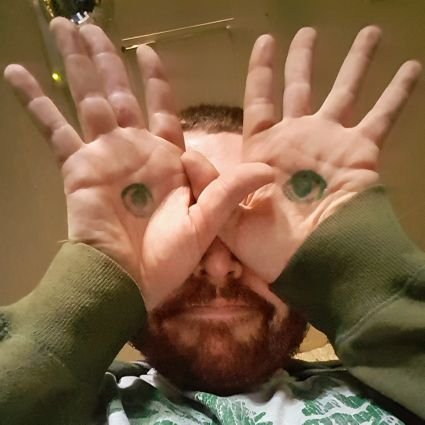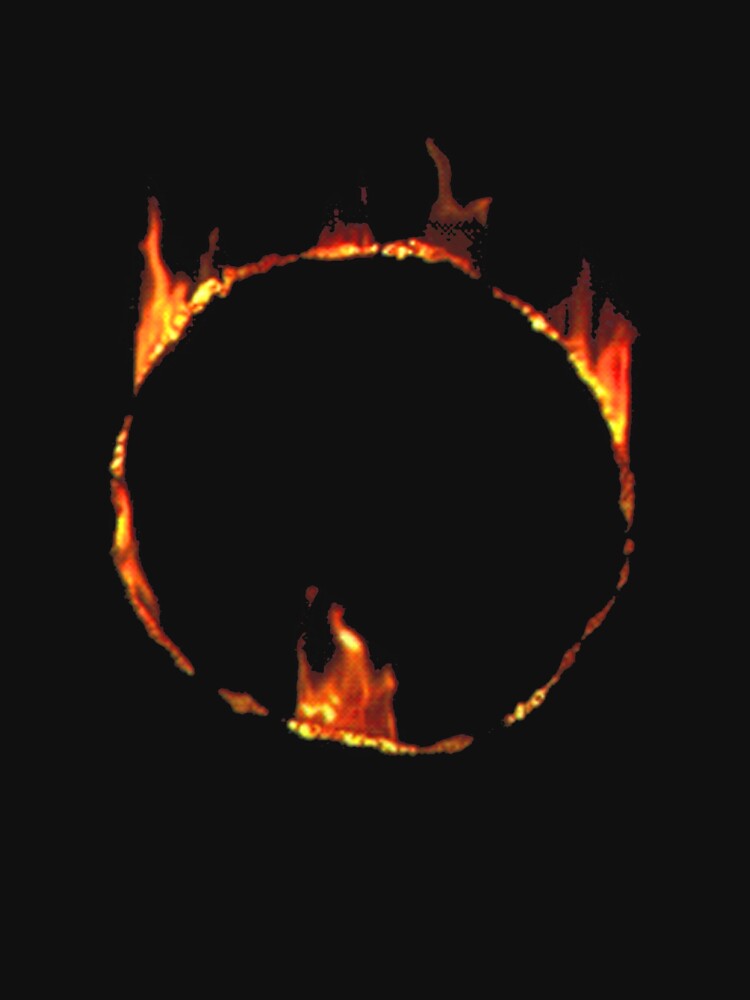I was always under the impression that on a “normal" 4 exit roundabout (i.e. two roads crossing), you would indicate left if going left, right if going right, and no indication if going straight on. Then whichever way you’re going you indicate left when passing the exit before. However, a number of drivers indicate right when going straight on, which means I stop expecting them to continue around but could’ve entered the roundabout. Am I incorrect here? Was there a time when something different was taught?
I feel very vindicated by this, thank you! Now just need to somehow spread this message but doubt it’ll help…
I learnt to drive in another era (early 90s) and I have to agree that lane usage and signalling on roundabouts appears to be completely random.
In the example given, I was taught you should be in the left hand lane and signal left for the first exit. For all other exits, you should be in the right hand lane and signal right UNTIL you’ve passed the exit before you want to turn. You should then signal left and change lanes to take the exit.
Just checked the Highway Code and section 186 does suggest this is still the “right” way to do this, but I think it’s easier said than done (e.g. 4 exits and 3 approach lanes. I would go for the middle lane for the second exit (straight on) and I probably wouldn’t signal).
https://www.highwaycodeuk.co.uk/changes-and-answers/-highway-code-for-roundabouts
I always thought left lane for exits 1 and 2 (unless otherwise signed)
I was taught to treat it like you’re approaching a clock (you’re at 6 o’ clock), and if your exit is left of 12 you should be on the left, right of 12 on the right.
Never heard that before, but I like it 👍
You’re right, I think. What these other drivers are doing seems like madness.
But then again, I’ve not driven in a while, and I live in West Yorkshire, where’s there’s no such thing as a “normal roundabout”
I passed my test in the UK about a year ago. That’s spot on to what I was taught, so I think you’re doing it right.
Here in Germany, we’re taught to only indicate when exiting the roundabout (towards the right, which would be left in your case).
Maybe some of the drivers you encounter, were taught in different countries…
That is interesting, so you would never indicate left (our right) at all?
I like our way (when used correctly) but guess it makes no difference really. Most people are turning right if indicating right so you have to stop. Its just annoying if they are indicating right but go straight and don’t indicate left until too late or not at all, so you didnt to stop. In your case over there, you would do the same if they are not indicating right so you have the same situation really.
Yeah, exactly, we never indicate left (your right).
I mean, I don’t particularly love our system, especially when turning into a roundabout and there’s a car coming up to the exit that you want to enter from, then there’s no way to tell, whether they’ll take that exit or not, until quite late, because their indicator light is facing away from you.
But yeah, it feels like the system you described would fall apart rather quickly, too, with multi-lane roundabouts or just oddly shaped roundabouts where, for example, you could interpret them as a T-junction or not.
I’m in the US and this is how I was taught. We don’t have many roundabouts and most people don’t know how to signal for them (much less use them at all) but that’s what driving schools teach
Have you considered that a lot of people who drive cars are crap drivers? Not counting you of course, this is exactly how I do roundabouts.
That’s what I was taught too, passed in 2014, the key thing being to spiral out and indicate when exiting.
Don’t you always have to indicate left at the point you wish to exit?
deleted by creator
Thats how i was taught too.
I also despair at people who have no idea what lane they should be in, for example traversing the entire roundabout in the left hand lane or whatever lane they decide will beat the traffic fastest so getting in the right hand lane to go straight on & cutting across everyone at their exit.
To be fair round my way the road planners appear to have a random approach to lanes with signs/markings saying use right hand lane for everything but left even at non-busy roundabouts so its little wonder people get confused.
deleted by creator
A roundabout is a one way road that goes in a circle. It has no junctions that go left, so you never signal left. You signal right when leaving, ie not going straight. You don’t signal if it would cause confusion or danger.
It works perfectly normally, just like any piece of road.
Edit: sorry, didn’t notice the sub. This is a normal right hand way of thinking.






